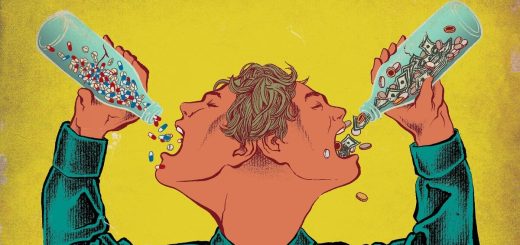What’s Pescetarianism and Its Numerous Health Benefits?
Pescetarians are people who consume mainly a plant-based meal with fish or other seafood. In other words, the person adheres to a vegetarian diet with their only source of meat being fish and seafood, including crabs, lobsters, shrimp, clams, and others. Many pescetarians also consume eggs and dairy products.
There are several reasons why people choose to be pescetarians. Some people opt for a pescetarian diet due to environmental impacts and for ethical reasons such as refusing to support the inhumane factory practices to raise livestock. Others do it for humanitarian causes like the improper use of resources and land to produce grain for animal feed while disregarding the issue of hunger in the world. However, the most prominent reason remains to be healthier. Learn more about the potential health benefits of pescetarianism below!
Lowers the Risk of Type 2 Diabetes and Metabolic Syndrome
A pescetarian diet is effective in the prevention and management of metabolic syndrome and diabetes type 2, which was the 7th leading cause of death in the United States in 2015. This is because being pescetarian means reducing your consumption of calorie-dense foods such as red meat and fast foods, which contain a high amount of saturated fats. Instead, it encourages eating patterns that emphasize fruits, vegetables, nuts, seeds, and seafood. These eating habits are particularly potent in obstructing type 2 diabetes and metabolic syndrome. They have less insulin resistance, a condition that occurs when cells do not respond efficiently to the body’s use of glucose as energy. In such cases, high insulin resistance becomes the driving factor to a host of severe health issues, including type 2 diabetes, strokes, heart attacks, and more.

Improves the Cardiovascular System
With a pescetarian diet, you can maximize your intake of omega 3 fatty acids, which serve as energy storage for the heart, muscles, and other organs. The omega 3 fatty acids are mostly found in fishes like salmon, sardines, mackerel, and more. Proper consumption of these fishes can reduce the risk of cardiovascular diseases, specifically irregular heartbeats, coronary artery disease, and others. Nonetheless, while other seafood like squid and shrimp are nutritious as well, they are high in cholesterol. Hence, it is recommended to consume them in moderation.

Helps in Preventing Osteoporosis
A veggie and seafood diet helps in the prevention of osteoporosis, which is a metabolic bone disease as a result of a deterioration in the bone tissue. Being a pescetarian helps you in getting a healthy dose of Docosahexaenoic acid (DHA) and Eicosapentaenoic acid (EPA). They are both types of omega 3 fats that help to reduce inflammation. Otherwise, unlike a pescetarian diet, a vegan one is more susceptible to osteoporosis. This is because vegans have a greater nutrient deficiency, which leads to bone fragility.

Are you considering a pescetarian diet? Let us know in the comments below!



